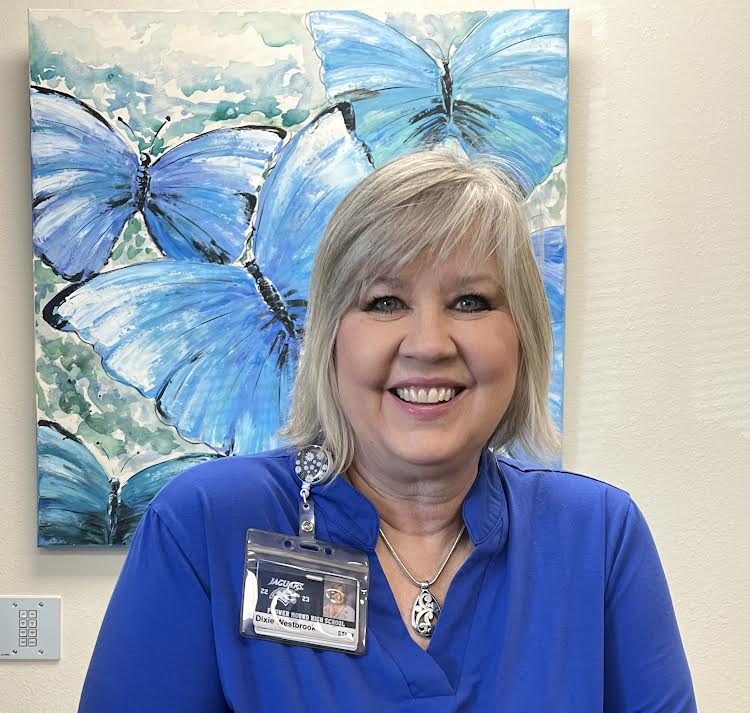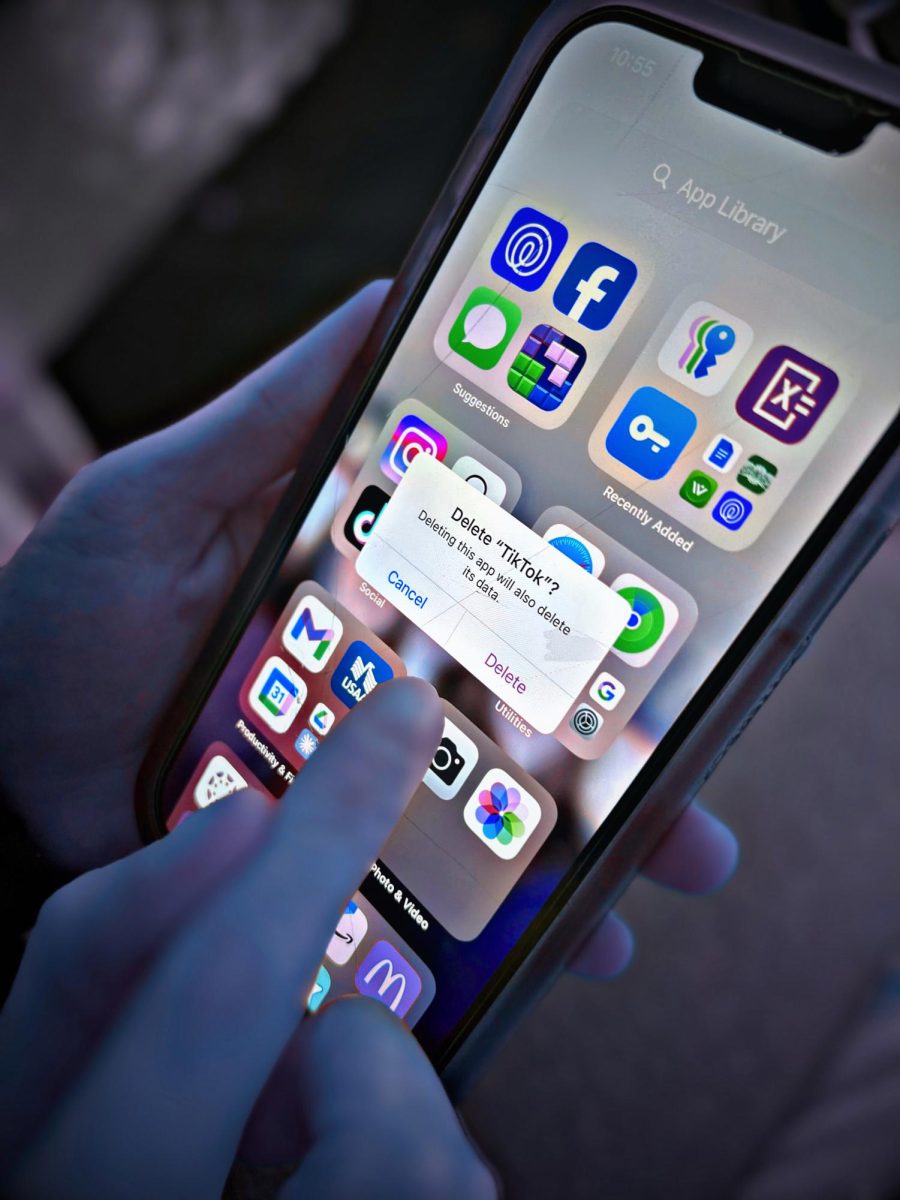As temperatures rapidly raise, it is important to acknowledge we are at fault. Due to the excess burning of fossil fuels, the buildup of greenhouse gas emissions has drastically affected the climate by raising temperatures uncomfortably high, which is making band and football practice and other outdoor after school activities unbearable.
“This year we’ve hit the threshold of 1.5 degrees rising across the globe, which is what scientists have been warning about for decades. This is not a normal Texas heat wave,” AP Environmental Science teacher Dixie Westbrook said.
Conformity is killing our environment. The “cookie cutter” neighborhoods we live in, by obligation to fit the requirements of many Homeowners Associations (HOAs), are aiding climate change. HOAs oversee the management of many regulations regarding noise level and home appearance. Other than restricting a bright pink painted house, many local HOAs prevent the planting of native plants in our front yards. According to Westbrook, this regulation is highly counterproductive.
“Planting native plants is so important because it helps with cutting down emissions, but also provides for pollinators and native wildlife,” Westbrook said.
It is our responsibility to care and make choices beneficial to not only the planet we live on, but to our livelihoods. As high school students, our actions may seem limited; however, we can help. It would just be tragic to put Flower Mound’s uniform look at risk, so you can prevent that by planting native plants such as: butterfly weed, coneflowers, milkweed, snapdragons, and sunflowers in your backyards, behind your fences, opposed to your ever so visible front yards.
Flower Mound High School has sustainability programs in place, but progress needs to be made.
“[Student council’s recycling program] has been a traditional expectation within Flower Mound High School,” FMHS Principal Chad Russell said. “[However,] there’s a lot of things we should do better.”
Recycling isn’t enough and due to miseducation of those trying to help, minuscule amounts of what is being put in the bin is actually processed. Tossing items in the recycling bin and hoping they are recyclable, like foam materials, cling film, mirrors, and plastic containers with excess liquids and bits of food is called ‘wishful recycling.” These non-recyclables that have ended up in the bin, resulting in whole loads being thrown in the trash. It is way past our time to have taken action.
“If you question whether it can or not be recycled, throw it in the trash. When in doubt, throw it out,” Westbrook said.
Overall, our daily actions can have a great impact on our rapidly deteriorating environment. Through better habits recycling and growing native plants in our backyards, we can all make small changes towards a larger difference.





